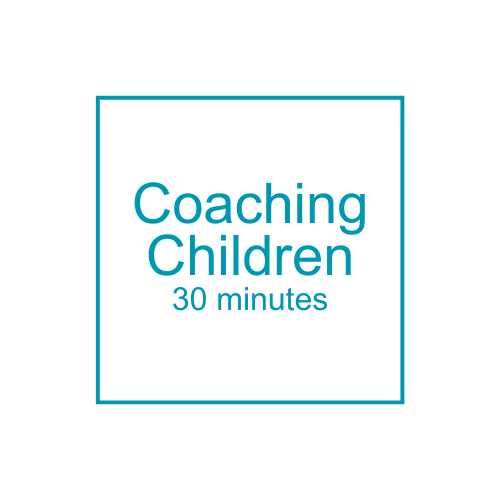The impact of hormonal changes and challenges faced by neurodiverse individuals
The Role of Hormones in Neurodiversity
Medical Evidence of hormonal influence in Neurodiversity:
Research demonstrates that hormonal transitions—especially during puberty, menstruation, and other developmental phases—can markedly affect individuals diagnosed with neurodevelopmental disorders, including Attention Deficit Hyperactivity Disorder (ADHD) and Autism Spectrum Condition (ASC).
A study authored by Quinn and Madhoo (2014) in the *Journal of Attention Disorders* illustrates that variations in estrogen and progesterone levels can alter dopamine and serotonin activity, which may aggravate ADHD symptoms, including emotional dysregulation, impulsivity, and challenges with executive functioning.
Menstrual Cycle and Symptom Variability:
Littman et al. (2021) found that a significant number of individuals on the autism spectrum report increased sensory sensitivities, anxiety, and emotional lability during the hormonal fluctuations corresponding to their menstrual cycle. These alterations can result in observable changes in behavior, academic performance, and social interactions.
Clinical Observations:
Clinical observations frequently indicate that female patients with ADHD or ASC may exhibit exacerbated symptoms premenstrually, including mood disturbances, irritability, and impaired concentration. These observations are consistent with reports from parents and educators.
Recommendations:
1 - Establish a tracking system for the menstrual cycle to discern patterns in behavioural and emotional fluctuations.
2 - Provide flexible accommodations within educational settings, such as access to sensory regulation tools, quiet areas, or modified workloads during particularly challenging periods of the month.
3 - Collaborate with healthcare professionals to investigate potential interventions, including nutritional guidance, lifestyle modifications, or medical recommendations for hormonal management where appropriate.
Conclusion:
The association between hormonal changes and the difficulties encountered by individuals with neurodiversity is well-documented in the medical literature. The implementation of targeted interventions may mitigate the adverse effects of these hormonal fluctuations on well-being and educational outcomes.
References:
Quinn, P. O., & Madhoo, M. (2014). A Review of ADHD in Women and Girls: The Prevalence, Clinical Presentation, and Management. *Journal of Attention Disorders*.
Littman, E., et al. (2021). Menstrual Cycle-Related Changes in Autistic Individuals. *Autism Research Journal*.
Stay Quirky, Stay Brilliant!! 🧠🌈✨
Mrs Kelly Young, DipHE Social Sciences
Neurodiverse Consultant
Neurodiversity Support UK
www.neurodiversitysupport.co.uk
A growing body of medical research confirms a strong link between hormonal fluctuations and the intensification of challenges faced by those with neurodiverse conditions, such as Autism Spectrum Condition (ASC) and Attention Deficit Hyperactivity Disorder (ADHD).
Conversations with parents and education professionals highlight that many children and young people experience increased difficulties as they go through puberty, particularly when hormonal changes and the onset of menstruation occur.

We need your consent to load the translations
We use a third-party service to translate the website content that may collect data about your activity. Please review the details in the privacy policy and accept the service to view the translations.








